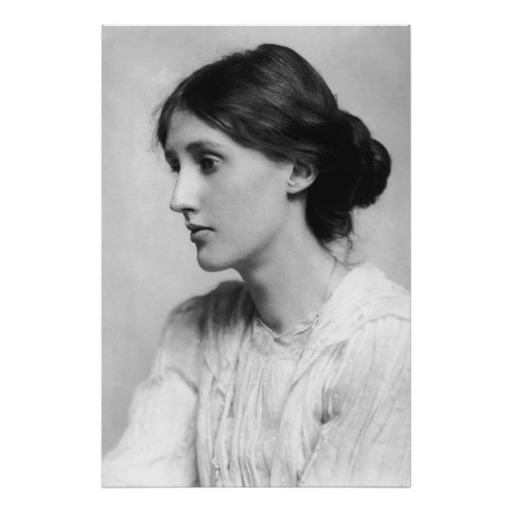
Everywhere I looked this past weekend, I saw human suffering. It wasn’t pity; my path continually crosses with people just like me who have their crosses to bear, just like me, and pity is gross. The difference was that for a few days I was a particularly raw nerve for some reason, and I felt the ache more acutely. Who can say why.
The three lame gaits I witnessed (one after the other, each more severe than the last) were the first taste of the tone of the whole two days. First was a young woman just ahead of me on Wabash. One of her legs was significantly shorter than the other and she walked with an UP-down, UP-down, UP-down rhythm. I wondered if she sensed that rhythm anymore, or if it has always been so normal that it’s long been absorbed. After her was an elderly man so corkscrewed by scoliosis he looked directly at the ground and was clearly not able to look elsewhere. I’m not sure how he gets around like that, but he was getting around, and he had a plastic bag from Walgreen’s.
Then came a fellow on crutches. He wanted to sign up for the Segway tour I went on but after much deliberation and discussion with the kindly tour crew, he didn’t. As it turned out, the young, attractive (Iranian? Turkish?) man had MS. The Segway machine responds instantly to even the lightest movement of the body riding it; since multiple sclerosis causes involuntary movements, riding the Segway would not be safe. A thigh that mutinies and jerks to the left would jerk the whole contraption to the left, too, putting the young man and the pedestrians around him at great risk. As he crutched past those of us gleefully practicing on our Segways in the park, he gave a big smile and said, “Have fun, guys!” and I nearly wept, absolutely, this is horrible, no, no, that is not right, I hate everyone, you gotta be f-cking kidding me, no, no… I recalled an infirm Virginia Woolf who wrote about resenting healthy people, resenting “the armies of the upright.” I felt ashamed at the surplus of health I possessed. I wanted to give him some and then we could both ride.
And the next morning, an old woman with rheumy eyes scrabbled up to the front of the bus to ask, repeatedly, “Is this 9th Street? Is this 9th Street? Do you go to Roosevelt? Is this 9th Street?” I knew the bus route well and so I went up to the front and said in a gentle voice that I was getting off where she was and I’d make sure she got her stop. And so I did, and she began to talk to me as we disembarked. She was going to the store a block or two away; I said that I was going to the same store (true) and that we could walk together. She liked this idea and we shared a good 15 minutes of conversation as we walked slow as snails. Her name was Jahuri and she wasn’t such a sorry figure — kind of a spitfire, honestly — but at 77 with severe glaucoma that had long gone undiagnosed, she would be blind within a year. Her cloudy eyes tugged at my heart and when I left her at the store, my whole body felt heavy.
And then at Starbucks, a little baby touched a plush toy to his downy cheek. “Mamah!” he cried, showing her his new friend. “Mamah!” The beautiful young Spanish mother picked up her son and said, “Ah! Carino!” and it wouldn’t be a moment of suffering at all except that I felt briefly, deeply devastated that I have no baby, that my bloodline will end when I do, and what a shame it is when the doors to possibility close.
